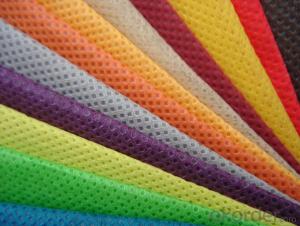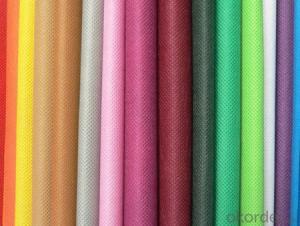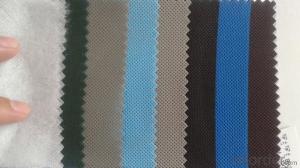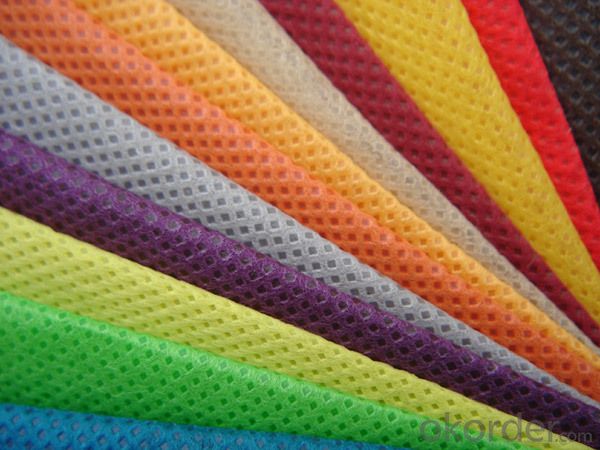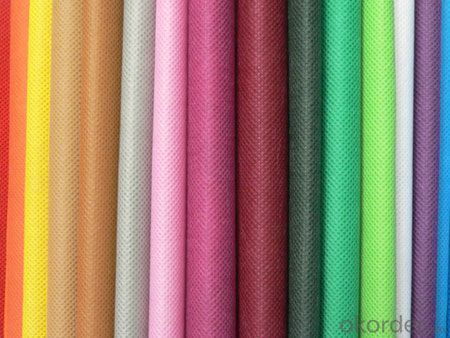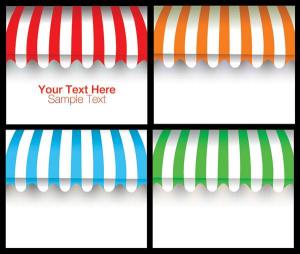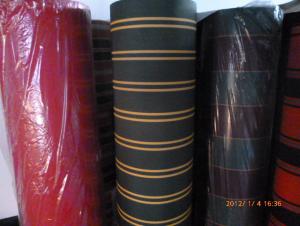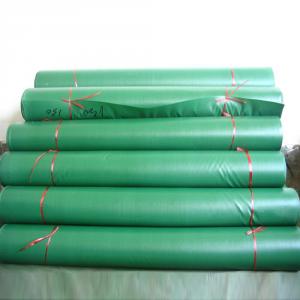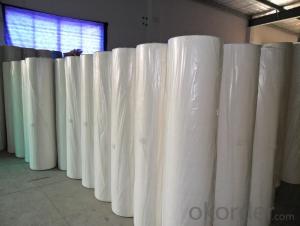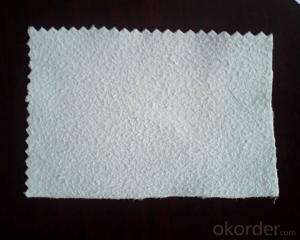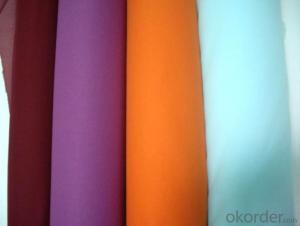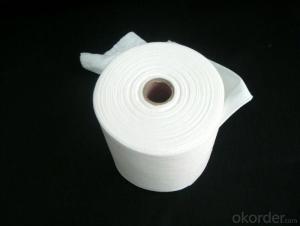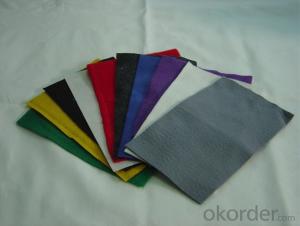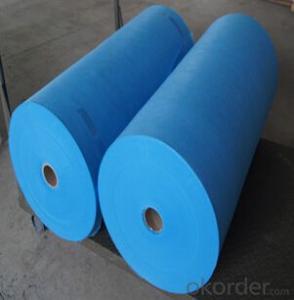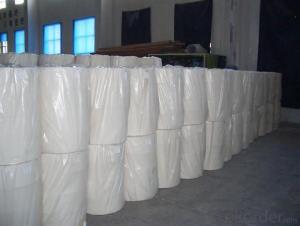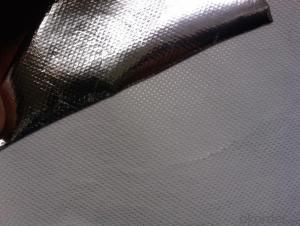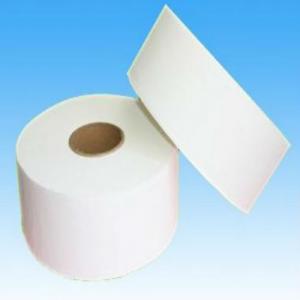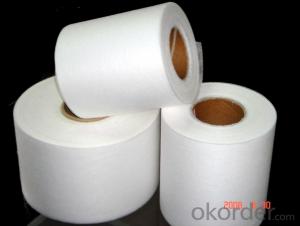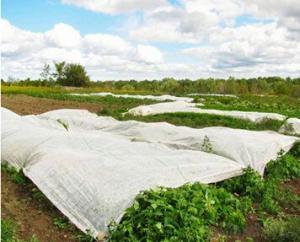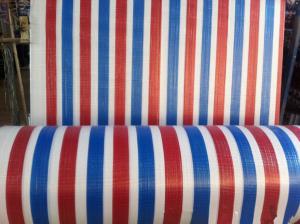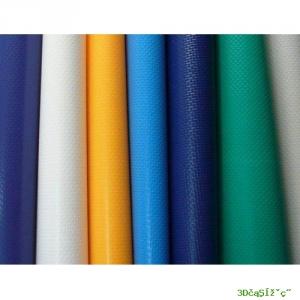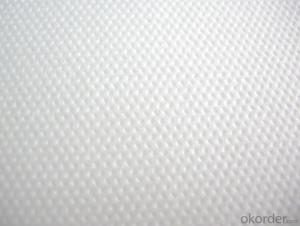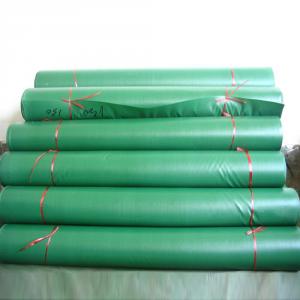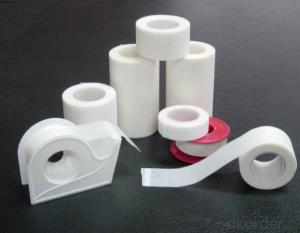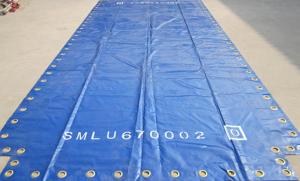White spunbond PP non-woven fabric in Rolls
- Loading Port:
- Shanghai
- Payment Terms:
- TT OR LC
- Min Order Qty:
- 2000 m²
- Supply Capability:
- 500000 m²/month
OKorder Service Pledge
OKorder Financial Service
You Might Also Like
White spunbond PP non-woven fabric in Rolls
Introduction:
This is a plastic polymer, whose chemical composition is C3H6. The advantages of this type of plastic is the high melting point, compared with many other plastics. This gives the material a washable feature and provides heat to melt the ink and transfers heat to the fabric for logo printing. Polypropylene can also be easily dyed, which explains why this material is very popular for making reusable shopping bags
Specification:
Composition | 100%polypropylene non woven fabric material |
Weight(GSM) | 9-200g/m2 |
Max width(CM) | 1.6/2.4/3.2m, max width 36m by Ultrasonic welding Cut to custom size 1*1m 1.2*1.8m etc.
|
Roll Diameter(CM) | 2"(50.8mm) ,3"(76.2mm) |
Colors | Various colors are available, never fade |
MOQ(Tons) | 1 ton per color |
Payment | 30% deposit beforehand |
Delivery Time | 3-7 days after all confirmation |
Price Terms | FOB(Qingdao), CFR, CIF |
Outpacking | Wrapped by poly bay, inside with paper tube |
Supply Ability | 23 tons per day |
Characteristics | Excellent soft, Non-toxic, Water-resistant, Air permeable, Excellent property of processing |
Functional Treatments | Hydrophobic, Hydrophilic, Antibacterial, Fire retardant, Compounded, Laminative etc. |
Applications: | 1) Shopping bags,tablecloth,compund packing material,filter material 2) Medical field: Face mask; Surgical gown, protective colthes, operation cover, cap, shoe cover, bed sheet etc. 3) Sanitary and Health: Baby & adult diaper, feminie hygiene, hygiene pad, spron, incontinece pad etc 4)Agriculture and horticulture covers 5)Usage:widely used alone or as components of apparel, home furnishings, health care, engineering, industrial and consumer goods etc. |
Typical Application:
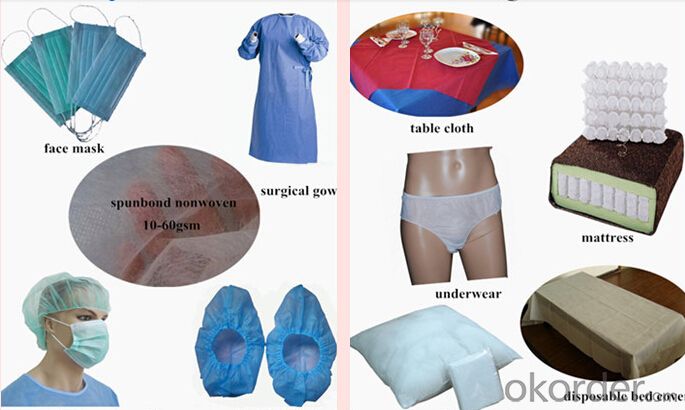
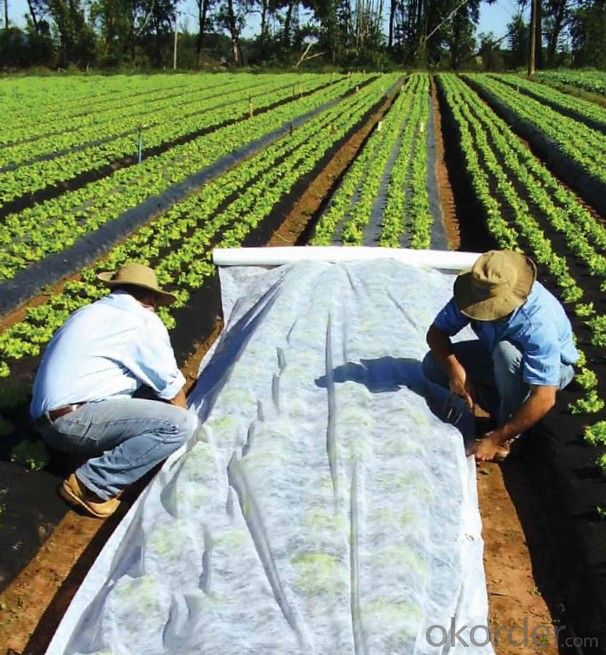
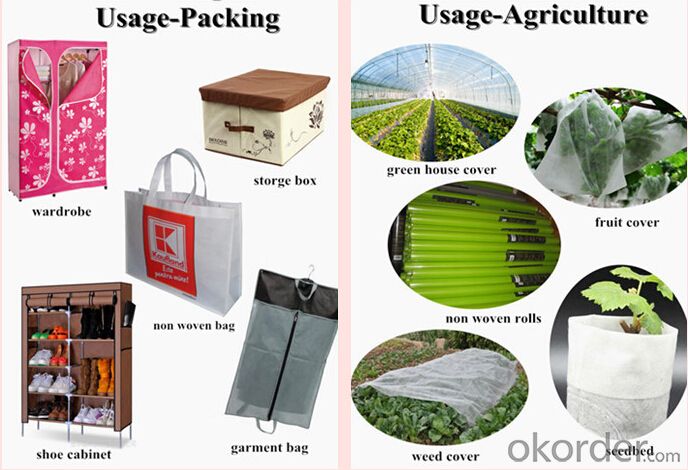
Container Loading:
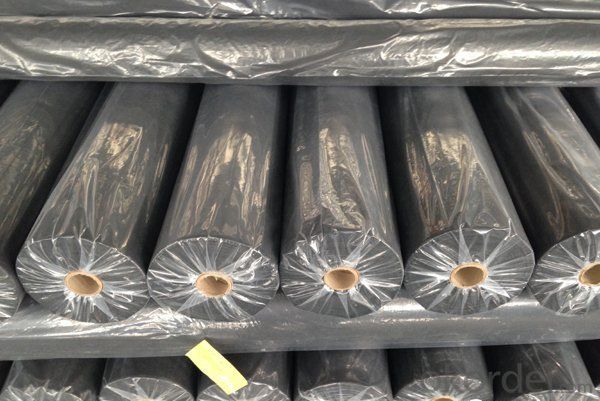
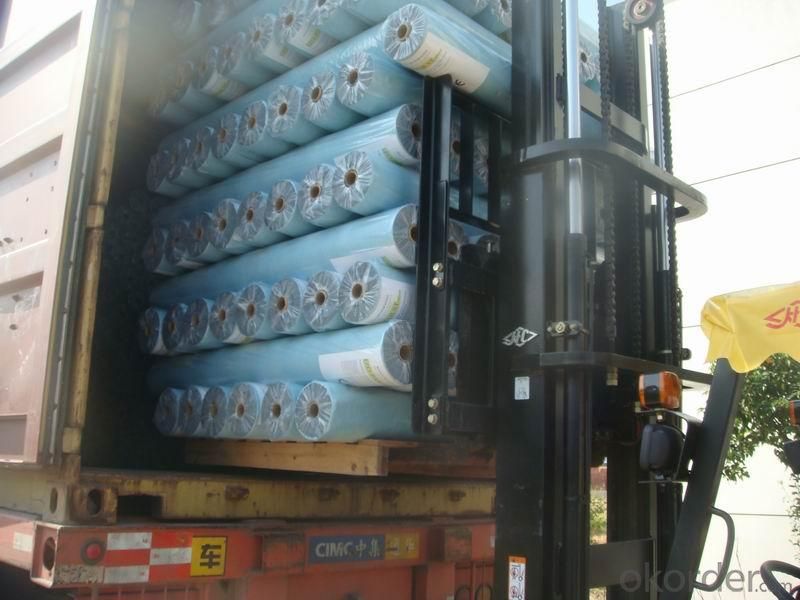
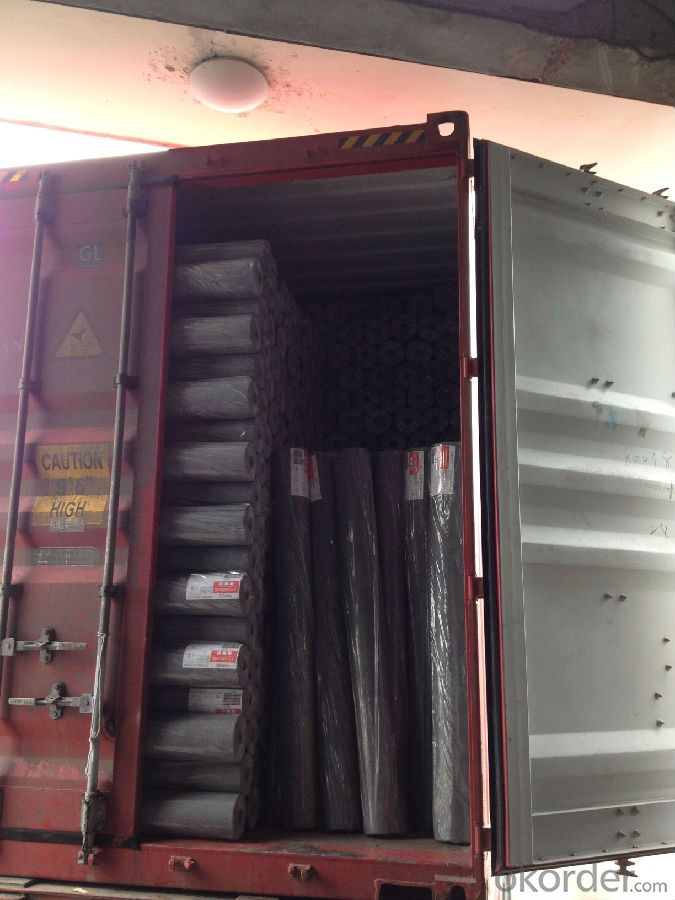
FAQ:
1. Where is your factory located in?
Our factory is located in Jiangsu province, close to Shanghai.
2. Have you ever been export?
Yes, our product has been exported to many countries.
3. Can we get samples?
Yes, we are free for samples, what you need to assume is freight charge.
- Q: The weight of the textile fabric
- Fabric cost = raw material cost + weaving costs + dyeing after finishing processing fees + test volume packaging costs + tax + loss of all links
- Q: What are the textiles?
- Industrial use of a wide range of textiles, many varieties, common with Peng cloth, gun clothing, filter cloth, screen, road cloth and so on.
- Q: Textile machine, I should use single-phase power or three-phase electricity
- As long as the power of the same, three-phase power and single-phase power production capacity is the same. What is the key to your connector (input) Three-phase electrical industrial electricity, the voltage is more stable
- Q: What is the amount of alkali in the textile mill
- Properly corroded some potholes of small grooves, you can improve the polyester smooth, rigid appearance, so that feel soft, close to the feeling of silk. This process is called reduction processing.
- Q: The difference between double distribution and processing in textile fabrics
- Processing - the fabric is your own to buy, you get inside the factory processing
- Q: What is the step in the textile fabric
- Pre-fully assess the potential occurrence of the problem in the work, the corresponding efforts to strengthen the work, improve the fine pre-work to reduce or even eliminate the possibility of its occurrence. Not to find the problem for the purpose of pre-full prevention, work in the repeated excavation, timely processing and lessons learned, the future work methods and rules to further improve the party as a fundamental way.
- Q: What is the specialty of textile science and engineering?
- Textile science and engineering disciplines covering textile engineering, textile materials and textile design, textile chemistry and dyeing and finishing and other disciplines
- Q: Do you need to do environmental protection for dry textile processing?
- Do the self-employed business license procedures simple, low cost, only 23 pieces. The information required to do the business license is: the original ID card and
- Q: Analysis of import and export of textile
- In recent years, China's textile industry, the overall size of the overall growth rate showed a gradual slowdown trend. In 2013, China's fiber processing volume reached 48.5 million tons, compared with 2010 increased by 17.4%, an average annual growth of 5.5%, while the first decade of the century, that is, 2001 to 2010, the average annual growth rate of 11.7%
- Q: Why can the oil industry be used as raw materials for the textile industry?
- Ancient Chinese textile and printing and dyeing technology has a very long history, as early as in the primitive society, the ancients in order to adapt to climate changes, has learned to use materials, the use of natural resources as textile and printing and dyeing raw materials, and the manufacture of simple handmade textile tools. Until today, daily clothing, certain daily necessities and works of art are the products of textile and printing and dyeing technology.
Send your message to us
White spunbond PP non-woven fabric in Rolls
- Loading Port:
- Shanghai
- Payment Terms:
- TT OR LC
- Min Order Qty:
- 2000 m²
- Supply Capability:
- 500000 m²/month
OKorder Service Pledge
OKorder Financial Service
Similar products
Hot products
Hot Searches
